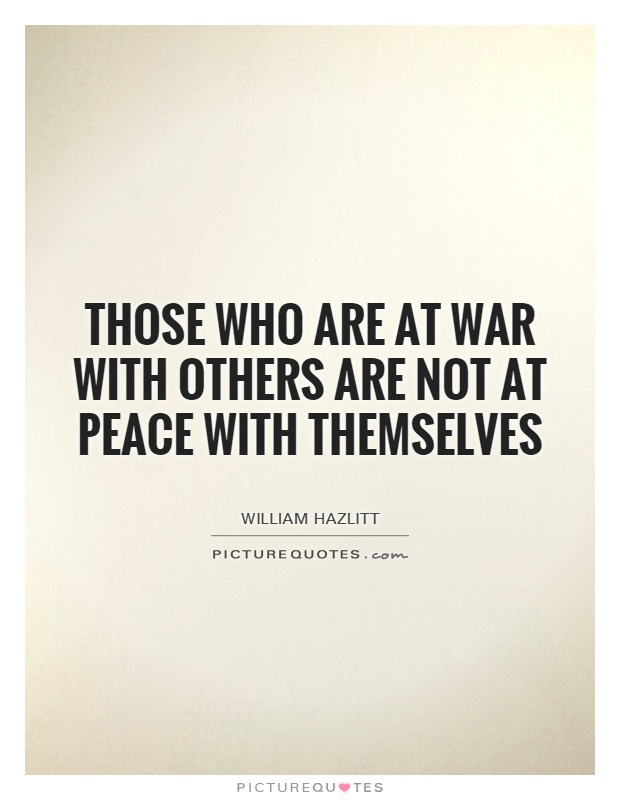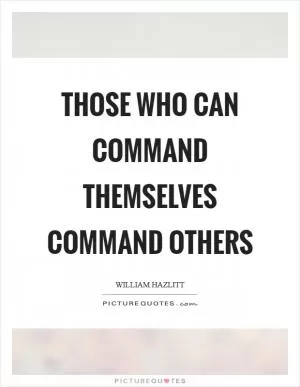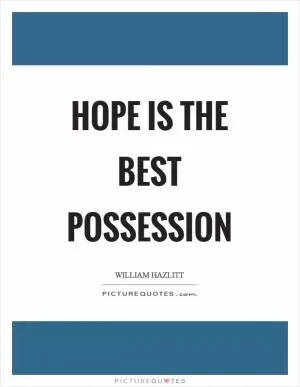Those who are at war with others are not at peace with themselves

Those who are at war with others are not at peace with themselves
William Hazlitt, a renowned English writer and philosopher, once said, "Those who are at war with others are not at peace with themselves." This profound statement speaks volumes about the inner turmoil and conflict that individuals experience when they engage in conflicts with others. Hazlitt's words highlight the interconnectedness of external conflicts and internal struggles, suggesting that those who are unable to find peace within themselves are more likely to engage in conflicts with others.Hazlitt's observation can be interpreted in various ways, but at its core, it emphasizes the importance of self-awareness and inner peace in fostering harmonious relationships with others. When individuals are at war with themselves, grappling with unresolved emotions, insecurities, and inner demons, they are more likely to project their internal struggles onto others. This projection can manifest in various forms of conflict, such as arguments, misunderstandings, and even physical violence.
Furthermore, Hazlitt's statement underscores the idea that true peace and contentment can only be achieved through self-reflection and introspection. Those who are constantly embroiled in conflicts with others are often seeking external validation and resolution for their internal struggles. However, true peace can only be found by confronting and addressing one's own inner demons, rather than seeking external sources of validation or conflict.












 Friendship Quotes
Friendship Quotes Love Quotes
Love Quotes Life Quotes
Life Quotes Funny Quotes
Funny Quotes Motivational Quotes
Motivational Quotes Inspirational Quotes
Inspirational Quotes